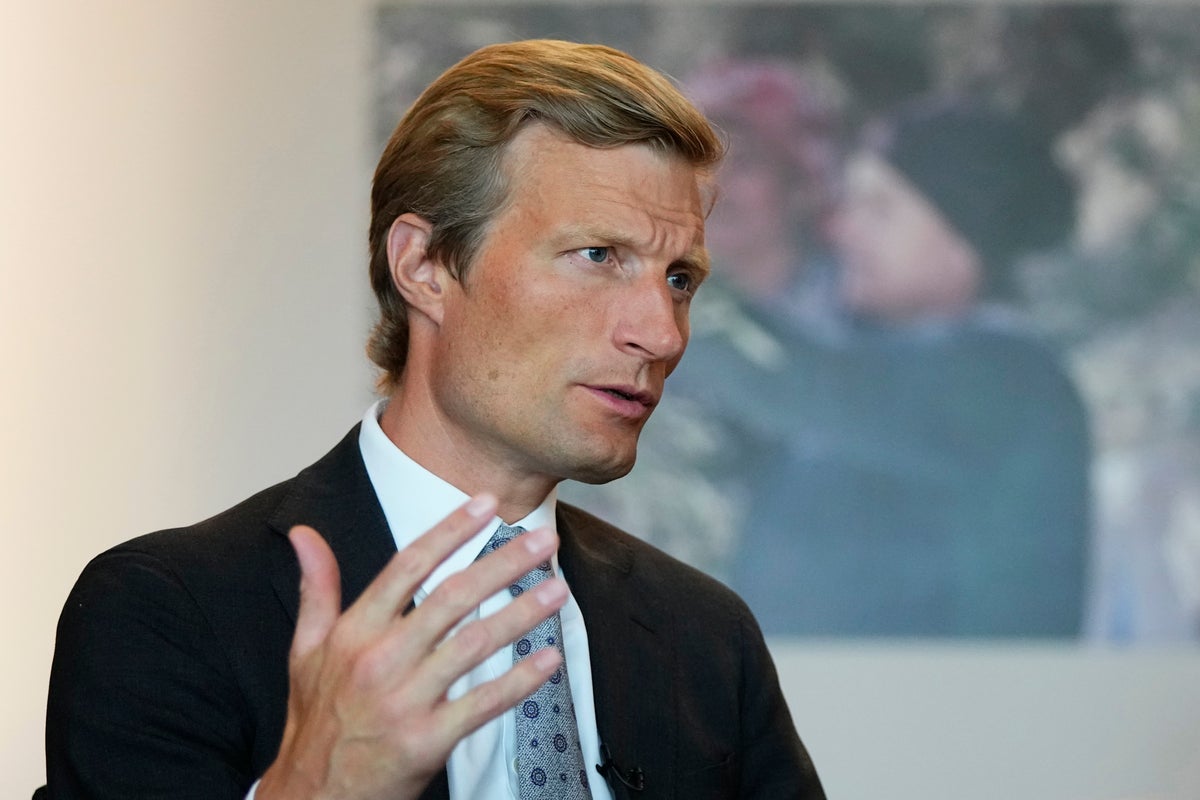
A halted landmark grain deal that allowed Ukrainian grain to flow to countries in Africa, the Middle East and Asia, along with donor's fatigue, is rattling the operations of the United Nations food agency, its deputy executive director said Tuesday.
“What we have to do now is to look elsewhere (for grain) of course,” Carl Skau, deputy executive director of the World Food Program told The Associated Press. “We don’t know exactly where the market will land, but there might well be an increase in food prices."
The WFP on Tuesday started reducing monthly cash aid for 120,000 Syrian refugees living in two camps in Jordan citing budget cuts, a decision that upset both refugees and Jordanian officials. The agency has said it would gradually cut off 50,000 refugees in Jordan from its assistance altogether. The program had initially covered 465,000 refugees.
Syrian refugees in Jordan expressed frustration at the news, as they continue to struggle with finding work and high inflation rates.
“This decision ruined our lives,” Khadija Mahmoud, a Syrian refugee from the Aleppo countryside in Amman and a mother of eight told the AP. “How are we going to pay for the apartment's rent, the electricity bill, the water bill, how? We don’t have the capacity.”
The WFP announced last week it has only raised $5 billion so far this year, less than half of its objective of between $10 billion and $14 billion. It also said it has reduced its food and cash assistance worldwide in recent months due to what it calls an “unprecedented funding crisis”.
Russia’s withdrawal from the Black Sea Grain Initiative, which helped secure Ukrainian wheat also impacted the WFP, which this year purchased 80% of its wheat supply from the war-torn country.
U.N. agencies and international humanitarian organizations for years have struggled to reach budgetary requirements due to the global economic impact of the coronavirus pandemic and Russia's war with Ukraine.
In the Middle East, budgetary constraints have impacted assistance for war-torn Syria and neighboring countries hosting millions of refugees while facing economic crises of their own, including Jordan and Lebanon.
In June, WFP announced major cuts in aid to Syria, now in its 13th year of civil war, cutting 2.5 million of the 5.5 million people who rely on the agency for their basic food needs.
“Frankly, it’s difficult to see how they would manage because all our beneficiaries are in dire need of assistance,” Skau said.
In March, then-WFP executive director David Beasley warned that ongoing funding cuts could cause mass migration, destabilized countries, and starvation in the next 12 to 18 months.
“When the most vulnerable at critical levels of food insecurity don’t receive our food assistance, there are only two ways out,” Skau said. “Either they die or they move.”







